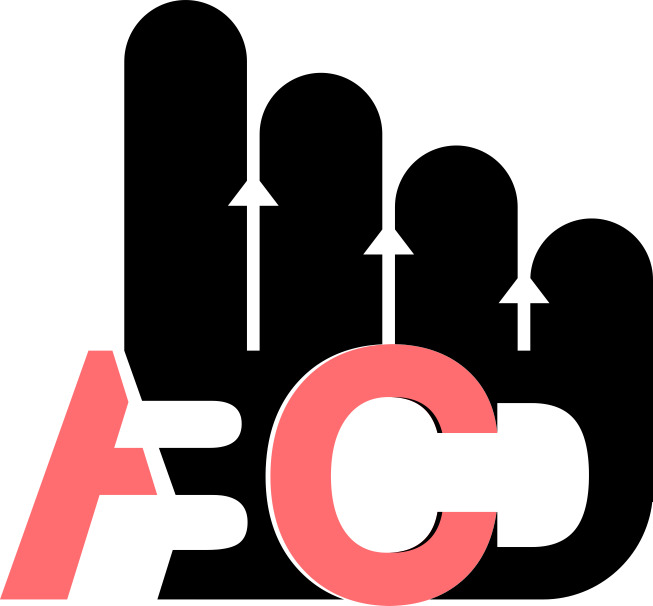Math Challenge Card Game Method (Medkit. Id) for Learning Basic Multiplications for Junior High School Students Guided by The Nusa Educator Community
DOI:
https://doi.org/10.32815/jpm.v5i1.1363Keywords:
Blind Multiplication, Basic Multiplication, Junior High School StudentsAbstract
Purpose: This research aims to determine the effect of using the Math Challenge Card (Mathkit. id) card game method in learning multiplication on students assisted by the Nusa Educator Community.
Method: This research used 25 students assisted by the Nusa Educators Community aged 12-17. The data is in the form of post-test scores, which will be compared with students’ pre-tests during research at each game level.
Practical Applications: This card game method can be used to learn multiplication, especially for students who have not memorized basic multiplication operations.
Conclusion: The research results showed an increase in the post-test skills scores compared to the students’ pre-test. The increase in the score at level 1 was 23%; at level 2, it was 31%, and the average maths quiz score was 85. This indicates that the Math Challenge Card (Mathkit. id) game method effectively improves students’ multiplication abilities.
References
Ahmad, A. (2019). Applications of Mathematics in Everyday Life.
Ali, S. R., & Mukhtar, F. (2017). A case study of fun learning with numeracy of preschoolers. Southeast Asia Early Childhood Journal, 6, 51–58.
Chong, W. W. N., Shahrill, M., Asamoah, D., & Latif, S. N. A. (2022). Non-digital card game and year 8 students’ performance in integers. Journal of Mathematics and Science Teacher, 2(1).
Davydov, V. V. (2020). The psychological characteristics of the formation of elementary mathematical operations in children. In Addition and subtraction (pp. 224–238). Routledge.
Debrenti, E., & László, B. (2020). Developing Elementary School Students’ Mental Computation Skills through Didactic Games. Acta Didactica Napocensia, 13(2), 80–92.
Ding, D., Guan, C., & Yu, Y. (2017). Game-based learning in tertiary education: A new learning experience for the generation Z. International Journal of Information and Education Technology, 7(2), 148.
Hodaňová, J., & Nocar, D. (2016). Mathematics importance in our life. INTED2016 Proceedings, 3086–3092.
Jacob, B., Kligys, S., Chen, B., Zhu, M., Tang, M., Howard, A., Adam, H., & Kalenichenko, D. (2018). Quantization and training of neural networks for efficient integer-arithmetic-only inference. Proceedings of the IEEE Conference on Computer Vision and Pattern Recognition, 2704–2713.
Kwakye, D. O., & Aggrey, J. (2022). The Teaching and Learning of Integer Operations: The Case of Number Rule and Conventional Method. Teaching and Learning, 13(27).
Mohamed, S. R., Mohd Din, N., Mohd Rosli, N. H., Bujang, R., & Mohd, A. H. (2020). Oolalamaths: An innovative educational mathematics card game for kids. Gading Journal for Science and Technology, 3(1), 107–113.
Qian, M., & Clark, K. R. (2016). Game-based Learning and 21st century skills: A review of recent research. Computers in Human Behavior, 63, 50–58.
Resnick, L. B. (2020). From protoquantities to operators: Building mathematical competence on a foundation of everyday knowledge. In Analysis of arithmetic for mathematics teaching (pp. 373–429). Routledge.
Schroeder, S. (2015). Mathematics and forms of life. Nordic Wittgenstein Review, 111–130.
Simon, M. A., Kara, M., Norton, A., & Placa, N. (2018). Fostering construction of a meaning for multiplication that subsumes whole-number and fraction multiplication: A study of the Learning Through Activity research program. The Journal of Mathematical Behavior, 52, 151–173.
Downloads
Published
How to Cite
Issue
Section
License





















